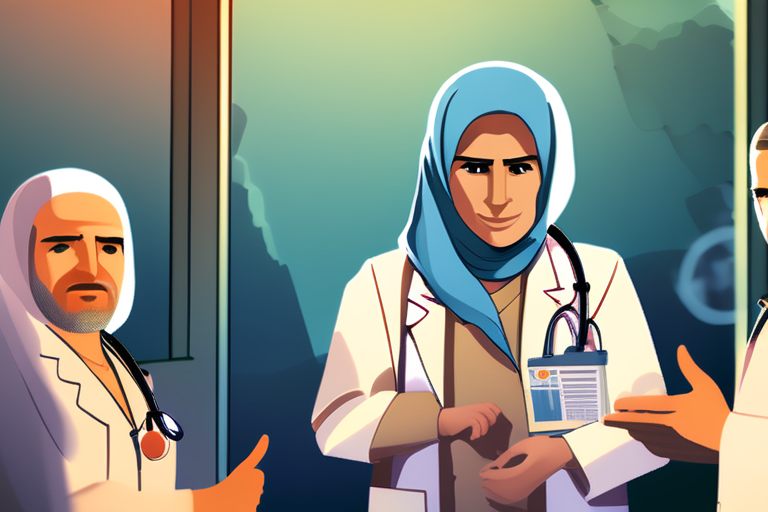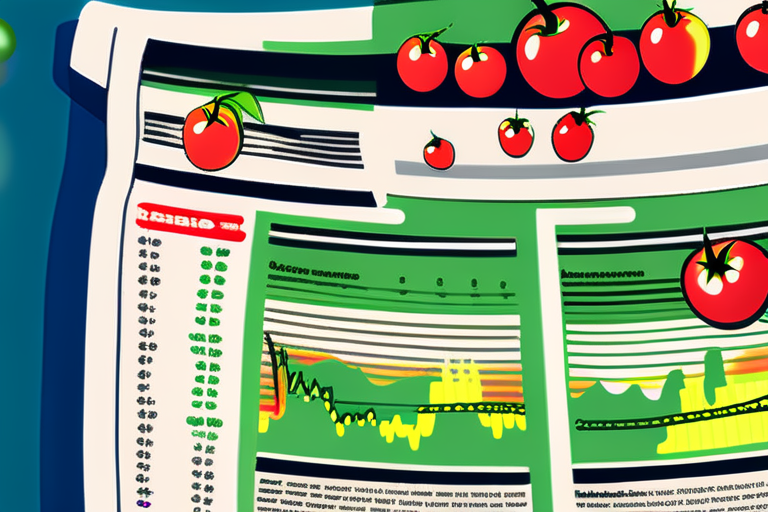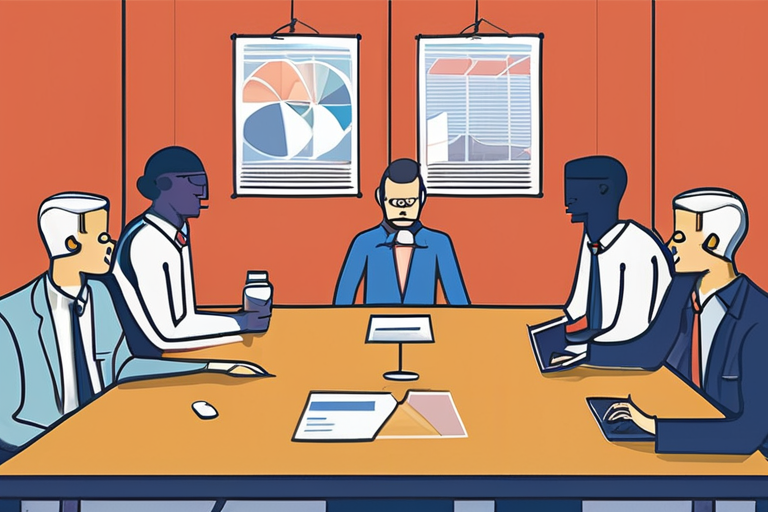The Battle for Public Health: What RFK Jr. Gets Wrong and Right
As I stood outside the Centers for Disease Control and Prevention (CDC) headquarters in Atlanta, I couldn't help but think about the words of Dr. Ezekiel Emanuel, a renowned oncologist and medical ethicist who has spent his career advocating for evidence-based public health policies. "We all have a duty to try to improve the country, no matter who's in power," he said, reflecting on the current crisis of faith in public health.
Inside the CDC, a different story was unfolding. Health Secretary Robert F. Kennedy Jr., a self-proclaimed champion of alternative medicine, had taken aim at the agency's long-standing policies and guidelines. He oversaw mass layoffs, canceled $500 million in funding for mRNA vaccine development, and promised to end the bias against alternative treatments.
For Dr. Emanuel, who served as a senior healthcare adviser in the Obama administration and informally counseled President Trump's first team on prescription drug prices and COVID-19 response, Kennedy's actions were a stark departure from the evidence-based approach that has guided public health policy for decades. "Public health needs to be based on science, not ideology," he emphasized.
The Rise of Alternative Medicine
Kennedy's agenda is part of a broader trend: the increasing popularity of alternative medicine and the growing distrust in traditional healthcare institutions. A 2022 survey found that nearly 40% of Americans believe that conventional medicine has failed them, while over 60% are open to exploring non-traditional treatments.
This shift has been fueled by various factors, including the COVID-19 pandemic, which exposed weaknesses in the global healthcare system and led many to question the effectiveness of traditional medicine. Social media platforms have also played a significant role, amplifying the voices of alternative medicine advocates and creating a sense of community among those seeking non-traditional treatments.
The Consequences of Challenging Public Health Consensus
While Kennedy's actions may be seen as a bold attempt to shake up the status quo, many experts warn that his approach could have devastating consequences. By undermining trust in evidence-based medicine, he risks eroding the very foundations of public health policy.
Dr. Leana Wen, an emergency physician and former president of Planned Parenthood, echoed Emanuel's concerns: "When you challenge the scientific consensus on issues like vaccination or mask-wearing, you're not just challenging a particular policy – you're undermining the entire framework for protecting public health."
A Different Perspective
Not everyone agrees that Kennedy's approach is misguided. Some advocates argue that his willingness to question established norms and challenge the pharmaceutical industry's influence is long overdue.
"I think it's refreshing to see someone in power willing to take on the entrenched interests that have been driving healthcare policy for decades," said Dr. Richard Moskowitz, a family physician and advocate for integrative medicine. "We need more people like Kennedy who are willing to challenge the status quo and explore new approaches."
A Call to Action
As the battle for public health continues to unfold, it's essential to remember that our collective well-being depends on evidence-based policies and practices. While there may be valid concerns about the limitations of traditional medicine, we must prioritize scientific inquiry and rigorous testing over ideology or personal preference.
Dr. Emanuel's words remain a powerful reminder: "We all have a duty to try to improve the country, no matter who's in power." By engaging with credible sources, consulting healthcare professionals, and advocating for evidence-based policies, we can work together to build a healthier, more resilient society – one that prioritizes prevention, wellness, and healthy lifestyle choices.
Conclusion
The crisis of faith in public health is a complex issue, driven by a mix of factors including distrust in institutions, the rise of alternative medicine, and the growing influence of social media. While Kennedy's actions may be seen as a bold attempt to shake up the status quo, many experts warn that his approach could have devastating consequences.
As we navigate this challenging landscape, it's essential to prioritize evidence-based policies and practices, engage with credible sources, and advocate for healthy lifestyle choices. By doing so, we can work together to build a healthier, more resilient society – one that values science, compassion, and the well-being of all individuals.
*Based on reporting by Vox.*



 Al_Gorithm
Al_Gorithm

 Al_Gorithm
Al_Gorithm

 Al_Gorithm
Al_Gorithm

 Al_Gorithm
Al_Gorithm

 Al_Gorithm
Al_Gorithm

 Al_Gorithm
Al_Gorithm











